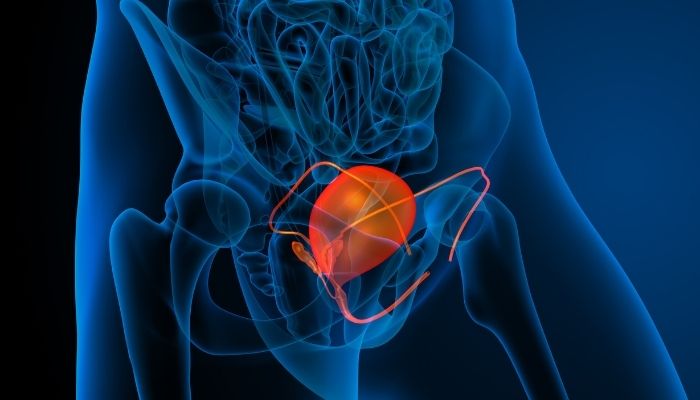Manju, a 64-year-old woman was facing issues that were bugging her for a lengthy duration indeed. She was frequently having an urge to urinate and was unsure about attending social engagements as a result. She was frequently going to the bathroom and even started waking up to urinate at night-time. Once she consulted the doctor, she found out that she was suffering from overactive bladder syndrome.

Overactive bladder talks about a fusion of various symptoms including a frequent urination urge, waking up every night for this purpose and so on. There are several causes behind overactive bladder including excessive medication usage, consumption of excessive caffeine or alcohol, nerve damage, weaker muscles, infections and obesity. This fuses several symptoms which lead towards the urge to frequently urinate along with witnessing leakage/incontinence along with the urge to urinate at night. These symptoms may also lead to severe stress and negatively impact the overall quality of life of individuals.
Overactive Bladder Symptoms and Causes
Some of the main symptoms of this syndrome include the following:- Urgency to Urinate- People suffering from this syndrome cannot postpone their urination urge.
- Urination Frequency- Those witnessing such symptoms keep urinating throughout the day, with a marked increase in the number of times that they go to the bathroom for this purpose.
- Incontinence- Urine leakage is sometimes witnessed whenever there is an urge to urinate.
- Nocturia- This is the pressing requirement to wake up at night and urinate for at least 2-3 times.
- Weaker Pelvic Muscles- Childbirth and pregnancy may lead to the pelvic muscles weakening and stretching. This may lead to a sagging bladder which goes out of its regular position. These aspects may lead to leakage.
- Nerve Damages- Signals are dispatched to the brain at times and also the bladder gets the signal to empty itself in an irregular manner. Diseases and trauma may lead to such scenarios including back/pelvic surgery, radiation, herniated disc, stroke, multiple sclerosis and Parkinson’s disease.
- Excessive Usage of Alcohol, Medication and Caffeine- All these products may lead to the nerves getting dulled, impacting the signals dispatched to the brain. This may lead to the bladder overflow since caffeine and other elements may lead to the bladder quickly filling up and leaking.
- Infections- UTIs or similar infections may lead to the bladder’s nerves getting irritated and squeezed without any warnings.
- Extra Weight- Obesity leads to higher pressure put on the bladder, leading to incontinence urges.
- Deficiencies in Estrogen Post Menopause- This change may lead to urine loss owing to urgencies.
Overactive Bladder Treatment and Management
There are several treatment methods used by doctors. It includes specialized overactive bladder medication and other lifestyle changes. Some of these include the following:- Tracking daily fluid intake and urination.
- Tracking daily dietary regimes and eliminating coffee, tea, chocolate, alcohol, fruits and citrus juices, soft drinks, tomatoes, items with artificial sweeteners and acidic/spicy food and drinks.
- Maintaining healthy bowel habits and scaling up consumption of fiber.
- Maintaining suitable weight levels and stopping habits like smoking.
- Bladder retraining is also required for holding urine in a better way and resisting urgency-like feelings.
- Bladder training and control is also required in such cases.


